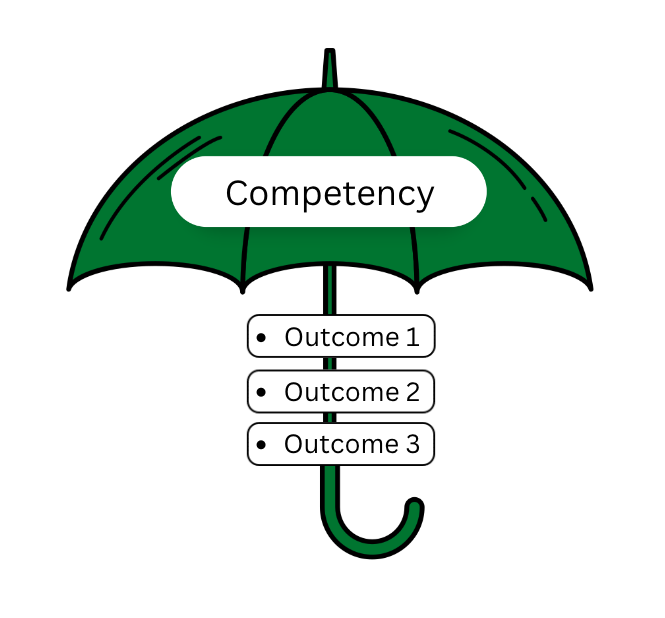Mental Illness, Disability, and the Inclusive Classroom
By Adam Pottle, Graduate Fellow
In its Campus Climate survey report, which was released in November 2014, the University of Saskatchewan identified a number of areas it needs to improve in terms of making students feel safe and comfortable. The survey summary, which can be found at http://www.usask.ca/ipa/documents/Assessment/Surveys/2014_campusclimatesurvey_summaryreport.pdf, reports that
[s]ome students in minority groups had less positive experiences when compared to their counterparts, especially some Aboriginal students, other visible minority students, sexual minority students, and some students with a disability. On average, those indicating a mental health condition generally had fewer positive experiences than all other students. (4)
The survey goes on to state that “57% of those with a mental health condition reported they either considered leaving or did leave the U of S” and that students “with a mental health condition…were twice as likely to report experiencing insensitive behaviour, exclusion, harassment and/or discrimination as compared to the overall survey population” (4). These results are troubling, especially given recent nationwide efforts to generate awareness and discussion, such as Bell’s “Let’s Talk” program. Clearly, more work is needed.
Mental illness has long been a stigmatized condition, namely because it is difficult for people to understand. In the classroom, it is easier to understand and include students with physical disabilities because any hindrance to accessibility assumes a tangible, physical form. Spaces can be rearranged; lectures can be recorded; hearing devices can be implemented. Mental illnesses such as schizophrenia, depression, anxiety, and paranoia cannot be seen with the naked eye. They are obscure, and because we tend to fear what we do not understand, we stigmatize these conditions.
To help provoke dialogue around this subject, and to help instructors devise teaching strategies to promote accessibility, the Gwenna Moss Centre has created a workshop called “The Inclusive Classroom: Fostering Accessibility for Students with Disabilities.” The first offering of this workshop will be held on Monday February 9, 2015 from 1:30 to 4 PM and will feature presenters from Disability Services, the Canadian Mental Health Association, and the Learning Disabilities Association of Saskatchewan. Although the workshop will consider all disabilities, it will focus on mental illness and learning disabilities because these two conditions most commonly affect students at the University of Saskatchewan. Participants will discuss how to create open, inclusive classrooms and how to employ diverse teaching strategies for students with disabilities. This workshop will hopefully generate productive dialogue and help diminish the stigma of disability and mental illness.
The workshop will be held Murray 102. To register, please visit the events page on Gwenna Moss website and scroll down to February 9.


